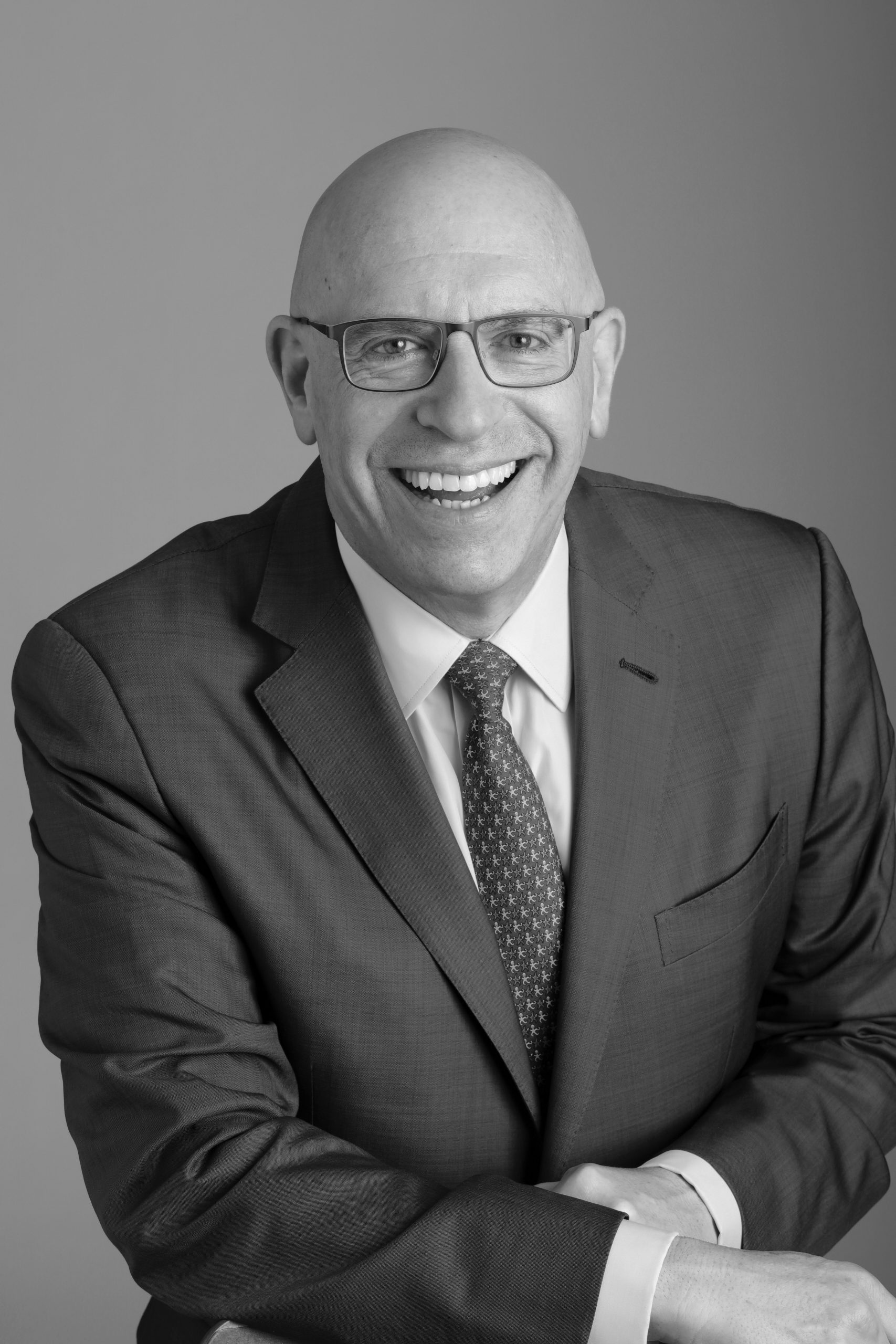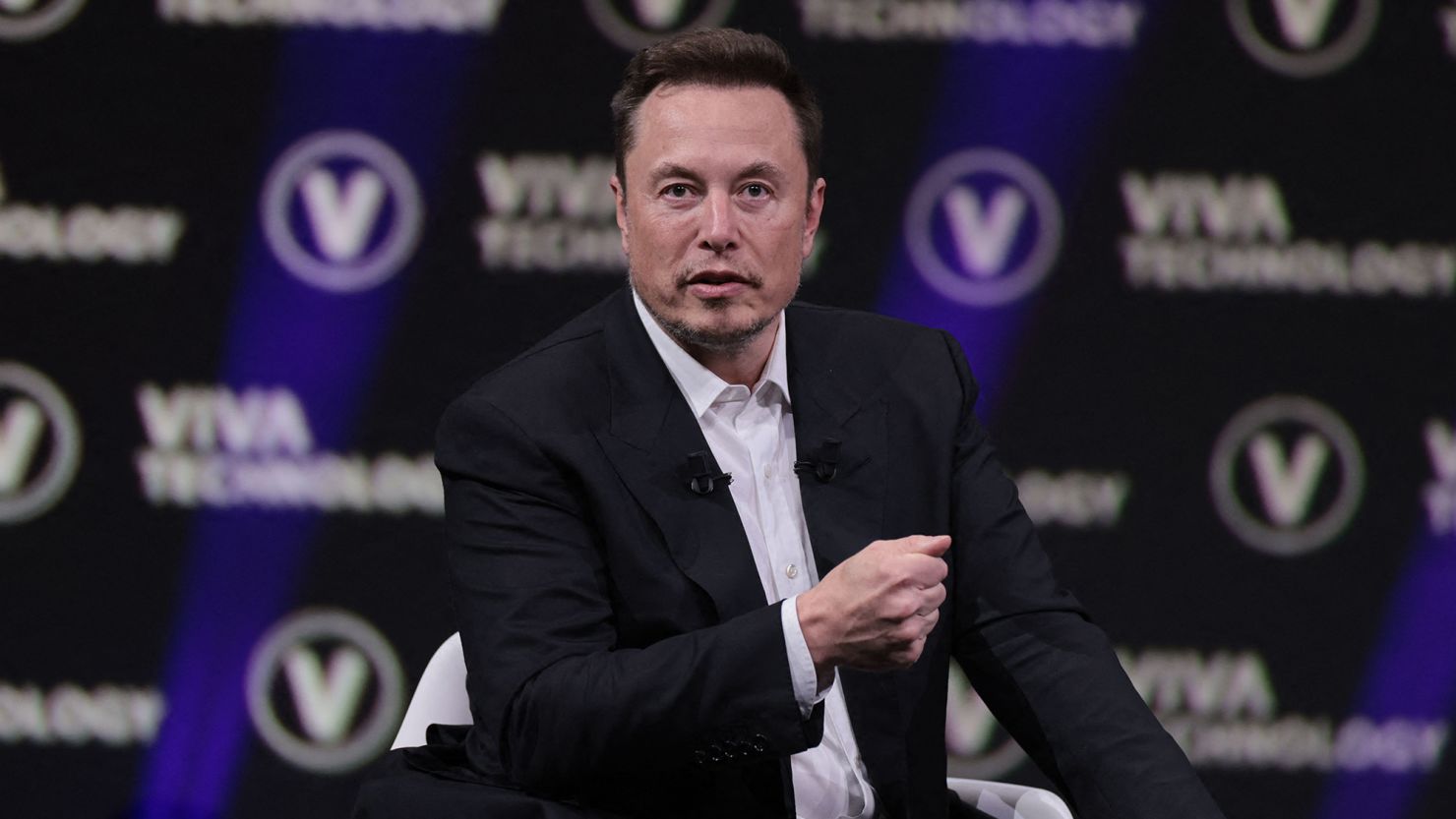With large Tesla shareholders split over Elon Musk’s $56 billion compensation deal, the business is seeking backing from individual investors, who own an unusually high amount of the electric carmaker
According to specialists, small investors frequently disregard voting rights despite their tendency to favor management.
In the wake of a Delaware court ruling invalidating Musk’s substantial compensation package, the company’s annual meeting on June 13 is expected to serve as a referendum on Musk’s leadership.
Investors have been requested to vote to reaffirm the company, and Musk would have the ability to control over 20% of the company if he were to receive it.
A “no” vote would be a rebuke with undetermined repercussions.
Tesla is also considering reincorporating in Texas rather than Delaware and re-electing two directors, including Musk’s brother, Kimbal.
In an ongoing outreach campaign to small shareholders, Tesla is concentrating on the pay vote and the move to Texas, even though a dozen items are up for a vote.
This campaign includes a website, engagement with online influencers, factory visits for a select few of those who vote, and opening a new tab.
Significant investors have transmitted mixed signals. T. Rowe Price has stated that the bundle demonstrated a “strong alignment” with the interests of investors.
However, the California Public Employees’ Retirement System has indicated that it will likely oppose Musk’s compensation as it is not commensurate with Tesla’s performance. Additionally, Norway’s sovereign wealth fund opposed the compensation package on Saturday.
Experts in corporate vote campaigns assert that the size and CEO-friendly nature of numerous individual investors at Tesla make them an apparent target, despite small investors having various opinions.
“My investment is multiplied by ten, yet he receives nothing.”
Andrew Theyken Bench, a lawyer in Allentown, Pennsylvania, voted by proxy with management on all items at the meeting, including Musk’s pay, because it does not seem right or equitable.
He possesses fewer than 5,000 Tesla shares.
Musk wrote in a post on his social media platform X on Saturday: “So far, approximately 90% of retail shareholders who have voted have voted in favor of both resolutions,” which appears to include the one regarding his compensation.
Bruce Goldfarb, president of Okapi Partners, a proxy solicitor not engaged in this vote, stated that 90% support from retail investors would be “about normal” given the category’s general affinity for management.

However, Tesla faces a challenge because these investors typically need to vote.



